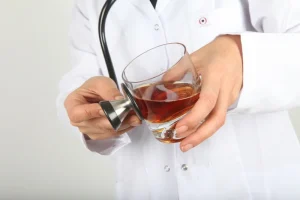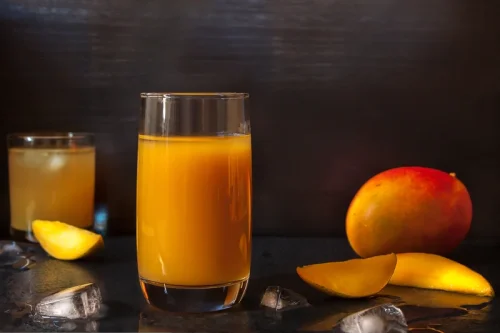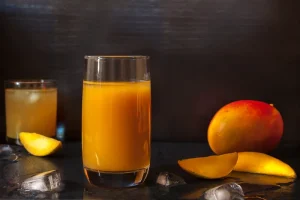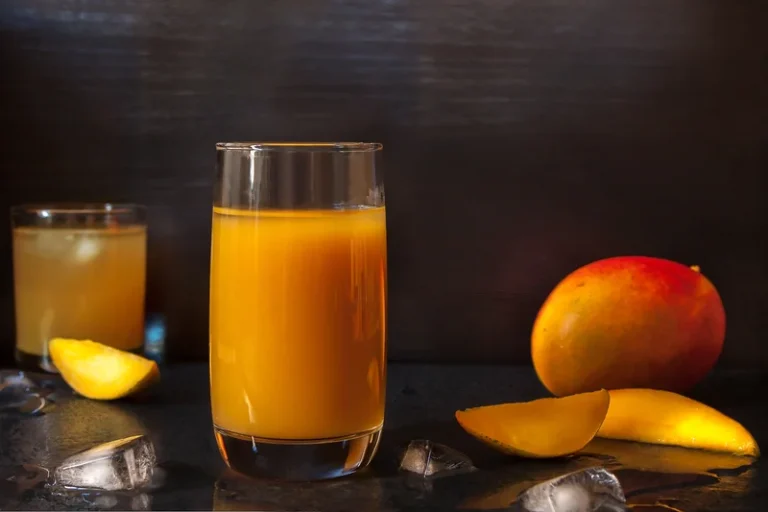
While Loosid and Club Soda are more geared toward socializing, LifeRing and Alcoholics Anonymous (AA) are focused on recovery. Sobriety support groups heroin addiction are organizations dedicated to helping those seeking a sober life connect with other like-minded individuals and find ways to jumpstart their new lifestyle. Sobriety support groups are not the same as treatment facilities and should not substitute for addiction treatment.
- It isn’t common for insurances to cover support groups, and these groups don’t advertise that they’re approved for insurance coverage either.
- In other cases, a person might simply disagree with the group’s goal of total abstinence.
Best to supplement with face-to-face meetings

In other cases, a person might simply disagree with the group’s goal of total abstinence. Some involve a series of steps through which members must progress to complete the program. Others use apps or coaching programs to help members work on specific goals or psychological techniques to manage addiction’s underlying causes. A sobriety support group might be right for you if you are seeking a connection with others who are also looking to maintain sobriety, as well as resources specific to the addiction recovery process. While members may also attend different groups or follow other sobriety teachings, some people come to LifeRing after finding that other programs did not work for them.
Footer Center Menu

It isn’t common for insurances to cover support groups, and these groups don’t advertise that they’re approved for insurance coverage either. However, it’s always a good idea to call your insurance provider to double-check if any of these services or struggling with alcohol addiction expenses are covered. The app also offers help for people living with addiction with six 24/7 hotlines.

Are there organizations other than Alcoholics Anonymous?
- Below is a list of some of the providers who are typically involved in alcohol treatment and the type of care they may offer.
- It can also connect you with other people coping with similar problems.
- Meetings are offered in-person (however, they have temporarily switched to video conference due to COVID-19) and are free to attend.
- No matter the decision, you don’t have to put a stringent label on your situation.
LifeRing promotes an abstinent lifestyle through self-empowerment rather than belief in a higher power. Alcoholics Anonymous (AA) is an international association for anyone who has ever had a problem with alcohol. It is open to anyone regardless of gender, age, or background and is available worldwide.

- Unlike the 12 Steps of AA, SMART Recovery uses its Four-Point Program to help members change their behaviors.
- Too often we are so angry or discouraged that we take it for granted when things are going better.
- A person may also seek the advice of a doctor if alcohol use disorder is having a negative effect on their life, such as causing emotional distress or affecting physical health.
- This person can be a continuous source of inspiration and guidance, someone to lean on as you strive to stay sober.
- Among those who started NA and AA attendance, the majority (85% and 91%, respectively) stopped NA and AA attendance for a month or longer.
- When families change the way they show up for themselves and their loved ones, it can be a catalyst for their loved ones to change as well.
Finding support while you’re dealing with addiction or alcohol use disorder can be challenging and overwhelming. Friends and family members may offer =https://ecosoberhouse.com/ help but a structured group or program can be more effective in providing a plan that can keep you on track toward your goal of recovery. It provides a safe space for sharing your experiences and challenges, while also offering a new network to connect with as you try to live a sober lifestyle.

These groups offer different methods, such as 12-step programs, mindfulness techniques, and cognitive behavioral therapy. If you are struggling with an alcohol use disorder, you may wonder what role aftercare programs and alcohol help groups like Alcoholics Anonymous (AA) play in your recovery. The NIAAA offers free pamphlets and publications to help addicts, family members, and healthcare professionals learn how to address alcohol abuse and alcoholism. Research has shown positive outcomes for those participating in peer support groups, as ongoing engagement in peer support groups can be a key predictor of sustained recovery. Studies indicate that peer support services for people in recovery from alcohol and drug addiction increase treatment retention, improve social relationships, and reduce the risk of relapse. Based on clinical experience, many health care providers believe that support from friends and family members is important in overcoming alcohol problems.
